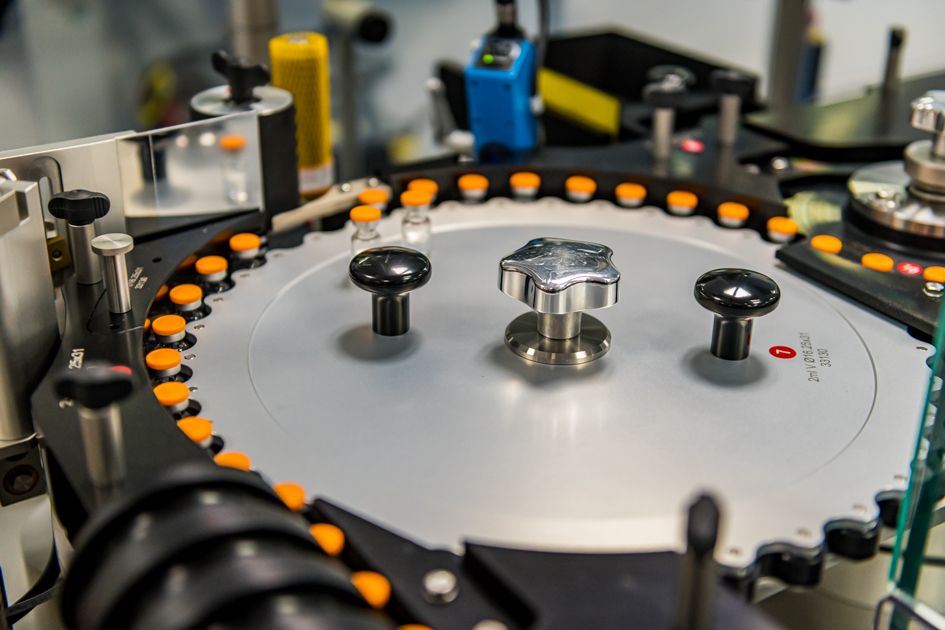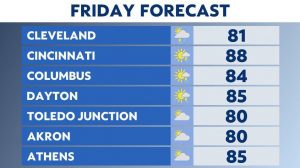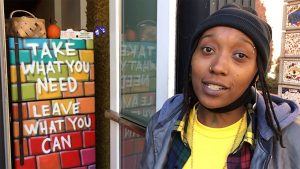The wait for children to get vaccinated against COVID-19 is nearly over.
A panel of advisers to the Centers for Disease Control and Prevention (CDC) voted unanimously to recommend the Pfizer-BioNTech vaccine for children 5-11.
If CDC Director Dr. Rochelle Walensky signs off on the recommendation, which she is expected to quickly, shots could begin as soon as this week.
The move follows the Food and Drug Administration (FDA) authorizing smaller-size doses for the younger age group last week. The Pfizer shots for kids use a lower dosage — a third of what is given to adults.
If approved, the shots would be the first to be made available in the United States to children younger than 12 and make an additional 28 million Americans eligible for vaccination.
“Today is a monumental day in the course of this pandemic,” Walensky told the influential Advisory Committee on Immunization Practices (ACIP) on Tuesday. “There are children in the second grade who have never experienced a normal school year. Pediatric vaccination has the power to help us change all of that.”
Pfizer’s clinical trial found the two-dose shot to be nearly 91% effective at preventing symptomatic infection in 5- to 11-year-olds. The shots are administered three weeks apart. FDA scientists reviewed and affirmed Pfizer’s findings.
Pfizer found no new or unexpected side effects. Those that did occur mostly consisted of sore arms, fever or achiness.
However, FDA scientists noted that the study wasn’t large enough to detect extremely rare side effects, including myocarditis, a type of heart inflammation that occasionally occurs after the second dose.
In their analysis, FDA scientists concluded that in almost every scenario the vaccine’s benefit for preventing hospitalizations and death from COVID-19 would outweigh any serious potential side effects in children.
Children are at a lower risk than adults of developing severe COVID-19, but serious cases do occur, and youths can spread the virus to others.
Nearly 2 million children 5 to 11 have been infected with the virus, more than 8,300 have been hospitalized, and nearly 100 have died. Coronavirus hospitalizations among children under 18 surged this summer before hitting their highest point of the pandemic in early September.
And COVID-19 has been blamed for more than 2,500 cases of multisystem inflammatory syndrome, which causes inflammation of the heart, lungs, kidneys, brain, skin, eyes or gastrointestinal organs. The virus also can cause myocarditis.
Federal officials said Monday that the vaccination program for kids should be “fully up and running” the week of Nov. 8.
The federal COVID-19 response team has been “preparing for weeks,” coordinator Jeff Zients in a briefing Monday, including by securing enough supply for 28 million children in recent weeks.
“Starting the week of Nov. 8, the kids’ vaccination program will be fully up and running,” Zients said Monday. “Parents will be able to schedule appointments at convenient sites they know and trust to get their kids vaccinated, and the number of sites will continue to increase throughout the month.”
“I deeply understand the urgency and concern over providing the best protection to our children against the virus,” Dr. Walensky said Monday.
Walensky outlined the data around the Pfizer vaccine for young kids, including the fact that it can be up to 91% effective in preventing COVID-19 and studies found no serious side effects among children who got the shot.
“We also know parents will have a lot of questions. And I would encourage parents to ask questions as they consider the benefits of vaccinating their children,” Dr. Walensky added, noting that it’s also critical to surround kids with vaccinated adults for their protection.
This is a developing story. Check back later for further updates.




